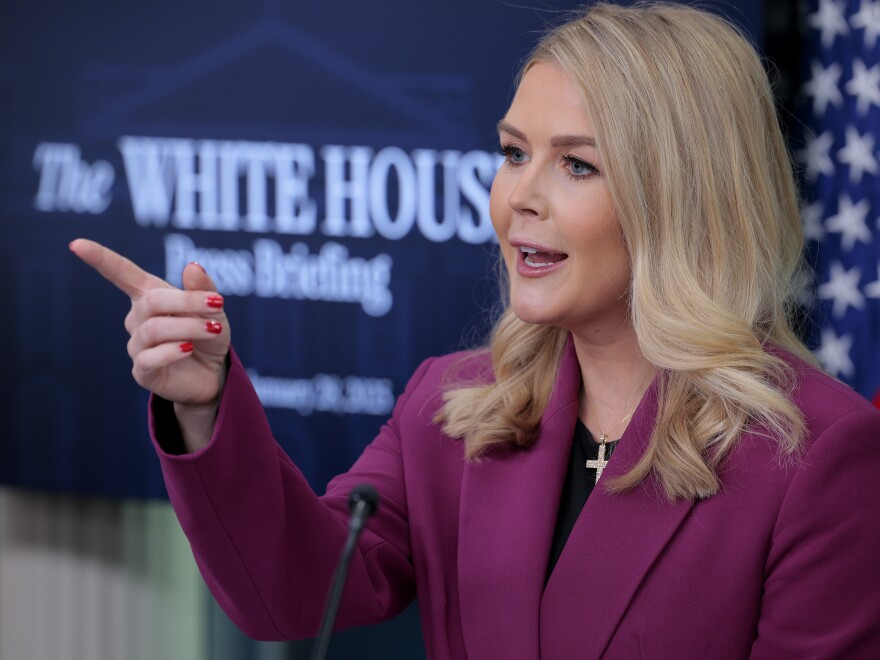The Trump administration’s decision to rename the Gulf of Mexico as the Gulf of America has ignited a fierce battle with the media, particularly the Associated Press (AP). Press Secretary Karoline Leavitt has been vocal in her criticism of the AP, accusing the organization of spreading misinformation by refusing to adopt the new name. The AP, however, has maintained its position, citing historical and global considerations.
The dispute began after President Trump signed an executive order officially changing the name within the United States. While many organizations quickly updated their references, the AP released a statement declaring it would continue to use “Gulf of Mexico.” The news organization argued that the name is widely recognized and that changing it could cause confusion for international audiences.

The White House responded by excluding AP reporters from several key events, including meetings with high-profile figures like Elon Musk. These actions have drawn criticism from journalists and free speech advocates, who argue that the administration is punishing the AP for its editorial independence.
Leavitt has defended the administration’s stance, stating that the media has a responsibility to accurately reflect official designations. She also criticized journalists for what she perceives as biased reporting, vowing to hold them accountable. Despite the pressure, the AP has remained steadfast, with executive editor Julie Pace emphasizing the importance of factual reporting.
The conflict has reignited concerns about the Trump administration’s relationship with the press. During his first term, Trump frequently clashed with media outlets, and it appears that his second term will be no different. As the debate over the “Gulf of America” continues, it raises important questions about press freedom and the role of the media in a democratic society.
The standoff serves as a reminder of the challenges faced by journalists in an era of increasing government scrutiny. The outcome of this dispute could have significant implications for the future of press freedom in the United States.


